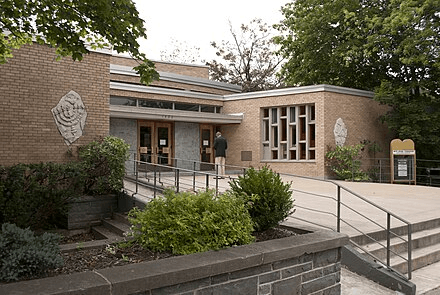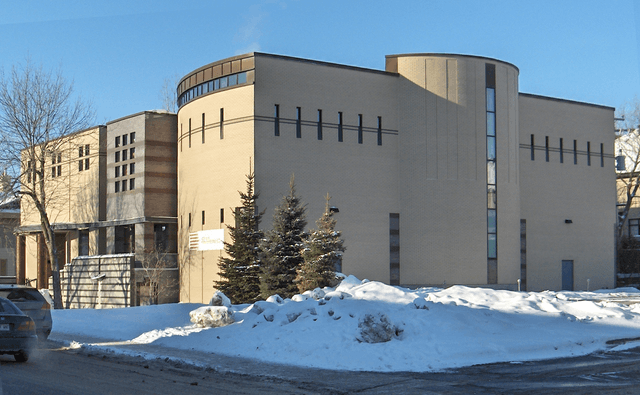On Oct. 30, Stephen Ross, a distinguished scholar at Concordia University, delivered a talk at McGill titled “Centuries Surround Me With Fire: On a Late Celan Translation of Mandelstam.” The lecture bridged literature, history, and spirituality through the works of poets Paul Celan and Osip Mandelstam. Known for his expertise in modern Jewish thought and poetry, Ross shared a fresh perspective on these iconic figures. He examined how their multilingual poetry reflects inner experiences, cultural heritage, and personal histories. Through the lens of Jewish mysticism, Ross proposed that language in Celan and Mandelstam’s poetry serves as a medium for both spiritual survival and profound interconnection.
The talk took place in an intimate conference room at McGill, and the audience was primarily made up of older individuals along with academics and members of McGill’s Jewish Studies faculty. The gathering felt like a close-knit community of intellectuals, united by a shared interest in language, Jewish heritage, and poetry. Ross provided an in-depth analysis of various works by Celan and Mandelstam, presenting evidence and interpretations that resonated with the attendees. His talk was followed by a dynamic question-and-answer session that allowed both scholars and enthusiasts to explore the subject further.
The poets that Ross discussed are well-known in Jewish literary canon. Paul Celan, born in Romania to a Jewish family, is renowned for his profound and sometimes haunting poetry, which confronts themes of memory, trauma, and survival in the wake of the Holocaust. His works, including the famous Todesfuge (Death Fugue), blend German with Hebrew references, embodying the dualities of his identity and the weight of his experiences.
Osip Mandelstam, a Russian-Jewish poet active in the early 20th century, used his verse to critique the oppressive Soviet regime. His poetry, political and linguistically rich, often alludes to Jewish mysticism and Russian folklore. Both poets applied their works to navigate personal and societal conflicts, using multilingual expression to encode their lived realities and emotions.
Ross’ analysis opened up new perspectives on understanding poetry and the power of language itself. One of the most striking aspects of his presentation was the focus on the intertwining of different languages within Celan and Mandelstam’s poetry, specifically highlighting a ten-line poem, "Nah, im Aortenbogen" (near, in the aortic arch) by Celan. He argued that the blend of German, Hebrew, and Russian in their works was more than word choice; it was a deliberate fusion that brought depth and meaning to their work. Language, Ross explained, becomes a vessel for complex identities, with each phonetic and rhythmic choice carrying cultural and historical weight.
Ross further illuminated Celan’s works by connecting his use of language to the Kabbalistic concept of ibbûr, or spiritual “impregnation.” In Jewish mysticism, ibbûr suggests that the soul of one person can enter another. Specifically, a righteous soul enters the body of a living person, temporarily “impregnating” that body.
My appreciation for poetry and literary analysis deepened through Ross’ talk. I learned to evaluate poetry beyond meaning alone, looking at its phonetic properties and rhythm. Celan and Mandelstam’s choices are purposeful at every level, constructing a cadence that resonates with the emotional intensity of their words. This approach inspired me to consider poetry as an art form where sound and sense intertwine, creating a deep, human connection.
Stephen Ross’ talk was a journey into the heart of poetry’s transformative power, merging the realms of language, history, and spirituality. By presenting Celan and Mandelstam’s work through a multilingual, layered lens, he highlighted how poetry can transcend time, bringing voices from the past to deepen, and challenge our understanding today.
Powered by Froala Editor






